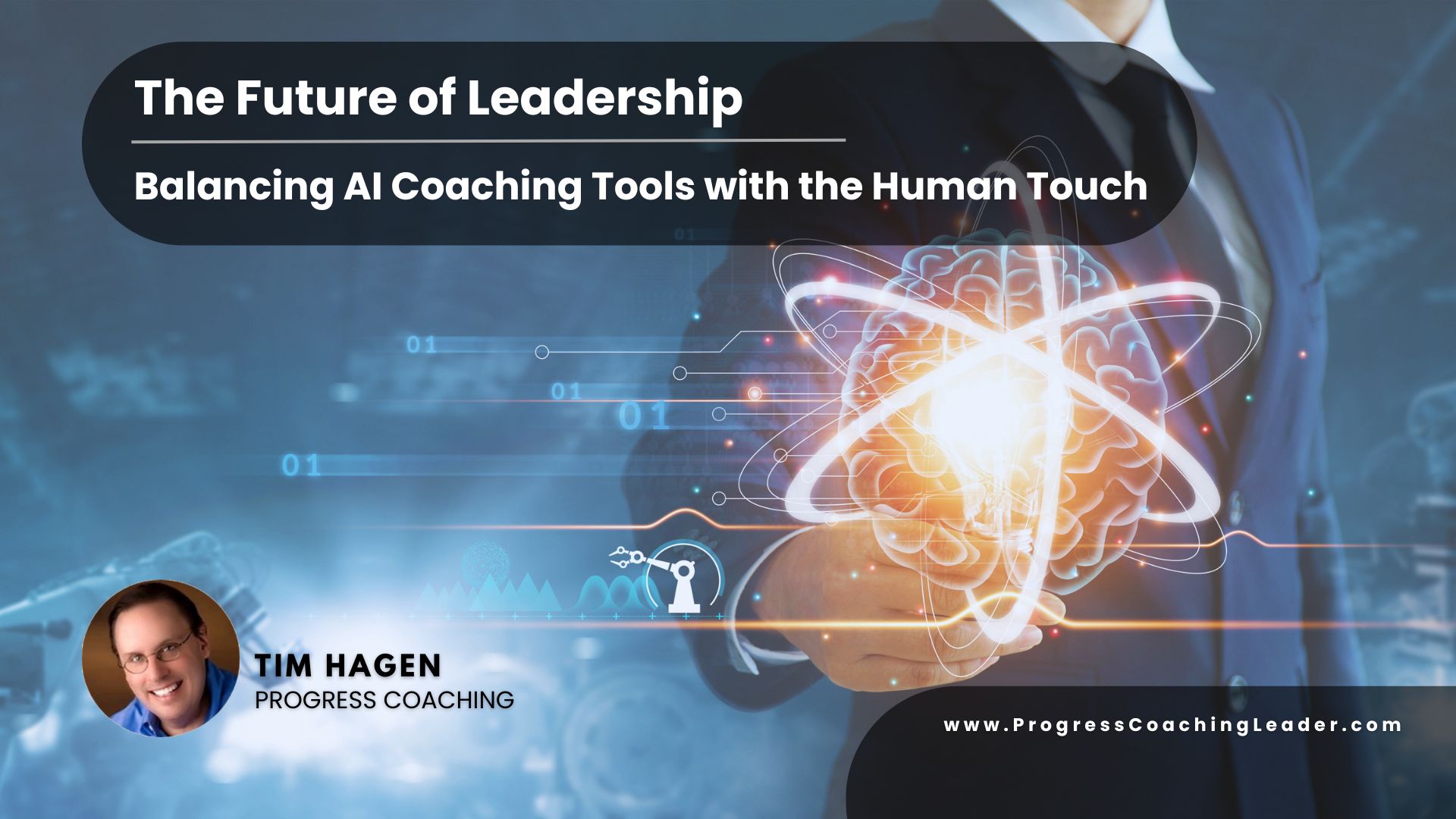
We all talk about angry customers. Let's be honest, sometimes we don't even want to talk to angry customers, but what if there were a way that we could change our relationship with angry customers? What if we actually looked forward to an angry customer? You must think I'm crazy at this point. Let me explain. If everybody in the world gave great customer service and every customer was happy, how would we go about differentiating ourselves? What would separate us? What would make us unique from the competition, especially when it comes to customer service?
Dealing with angry customers is something that we all have to deal with. I hate the cliché term but I'll use it, "It's a necessary evil," but what if we got an angry customer and our first reaction was, "I've got to win this person over. I cannot lose this person as a customer. We as an organization cannot lose this customer." What if there were a way we could have everybody at our organization with the exact same mentality? What if all of us who touch the customer had this belief system? Wouldn't we be better off? Wouldn't our organization? Wouldn't our customers be happier? We may not want to admit it, but angry customers present a unique opportunity.
Most people, being an angry customer, really do have the following belief system. "I'm going to complain. I'm going to let them have it. I'm going to let them know that I'm angry," and then they're going to think that's the end of it. The person gets off the phone, we no longer have a dialog, I've let them have it, but I feel so much better I got it off my chest, but what really happens? The angry customer gets satisfied. The person providing the service comes up with some solution, and that's typically the end of the interaction.
Here's the bad thing about angry customers, especially when we don't win them over. There are multiple studies out there but some studies say for every negative interaction that we have as a customer, we will tell upward to 23 people. When we have a positive interaction, we may not tell more than five people, sadly because good or even great customer service has become an expectation, but what if we were to wow them? What if we were to win them over at such a level that they would tell everybody of how we resurrected the relationship, how we won them over, how we did something different that they did not expect? That's our first clue at the Johnson Organization is how to go about differentiating ourselves, how to take some of these negative interactions, these negative experiences, and turning them into powerful ones, and what if everybody in every department of our company did that? Wouldn't we be better off?
How do we go about doing that? First of all, I think we have to have a mentality that when we first hear an angry customer, we have to get ourselves into two modes. First, we have to be ready to listen. When somebody is angry, the worst thing that we can do is interrupt. The second thing we need to do is get into a mode of winning them over, so while we're listening, while they're venting and we're writing things down, we're taking notes, we start to craft some ideas in our head of, "How can I win this customer over? What can I do that they will never expect that would thrill them?" Now, did you notice the transition? I did not say, "Satisfy them" or just "Satisfy their needs." What I really talked about was winning them over, wowing them, creating an experience they would never expect, especially when somebody's angry.
See, I think we do a dance. When we're angry, we just want to get it off our chest. Sometimes, we don't even want the other person to really speak. We just want to vent. When we're listening to an angry customer, I want us all at our company to think about creative ways to win that customer over. Now, what can we do? What are some of the different things that we can do to win people over? What if there were a way that we as a collective organization strategize together? Let me give you an example. Let's say we shipped the wrong product and somebody got the wrong product from one of our departments, but what if we sent an apology card not just saying, "We're sorry" but we signed it from the department or the departments that were involved?
What if we said to them, "We're truly sorry and we don't want to lose you" in a handwritten card? How many times do we do that? Probably not enough. Now, here's another idea. What if we sent a picture of everybody holding up a sign saying, "We're sorry" and it was signed, "From the department of" and we filled in the blank? See, angry customers present a unique opportunity for all of us, but we have to listen. We have to have the right mentality and we have to be prepared to win them over, to wow them, to create an experience they wouldn't otherwise have because traditionally, when we're angry, what do we want to do? We want to vent. What do we want to do when we have people who are venting? We want to get them off the phone.
The last thing we want to do is keep them on the phone, but what if we changed our mentality, our thought process, our belief system to winning customers over? See, what separates us in the marketplace at the Johnson Organization is that we have great products, we have a great brand, but we are going to make mistakes. What we cannot do is hide from those mistakes. We have to be front and center, but the mentality, the internal belief system of winning over customers will continue to separate us on top of the already great products and services we provide. One of the worst things that we can do is assume because we have great products or services, it's okay that we have angry customers that we just simply satisfy, but if we want above and beyond the call of duty, if we really exceeded their expectations, wouldn't we continue to separate ourselves? Wouldn't we continue to extend the brand?
Again, as I stated earlier, people with negative impressions or perceptions, negative experiences, we will tell upwards of 23 people. Think if we just have 10 angry customers in a month. As big an organization as we are, think about that. That's 230 people. That's a lot of people who have negative thoughts about our company, but when we do things that are called psychological interrupts, when we do something that interrupts the normal dance and we win them over and create a great experience, we will differentiate ourselves. See, very often, when we have an angry customer, what they're really expecting is for us at a very substantive level to satisfy their need, take care of their request and get off the phone, and often, they get off the phone.
A day or two later, they calm down, and one of two things happen. One, nothing. Two, if we send a handwritten card, a sign from people in our department, a creative apology, a "Thank you for staying as a customer" or "We want you to stay as a customer" type of unique message, guess what will happen to that customer's experience? That's the psychological interrupt. See, they think the dance is over, when in fact the dance has just begun. Remember at the Johnson Organization, what sets us apart isn't just our great products, it isn't just our great people, it isn't just our great services, it's what separates us in terms of how we treat each and every one of our customers, whether they're thrilled, satisfied or unhappy, but I promise you, the unhappy customers present a very unique opportunity.
Excited to start 2017 on the right foot? Check out this free webinar on how to change your culture.




